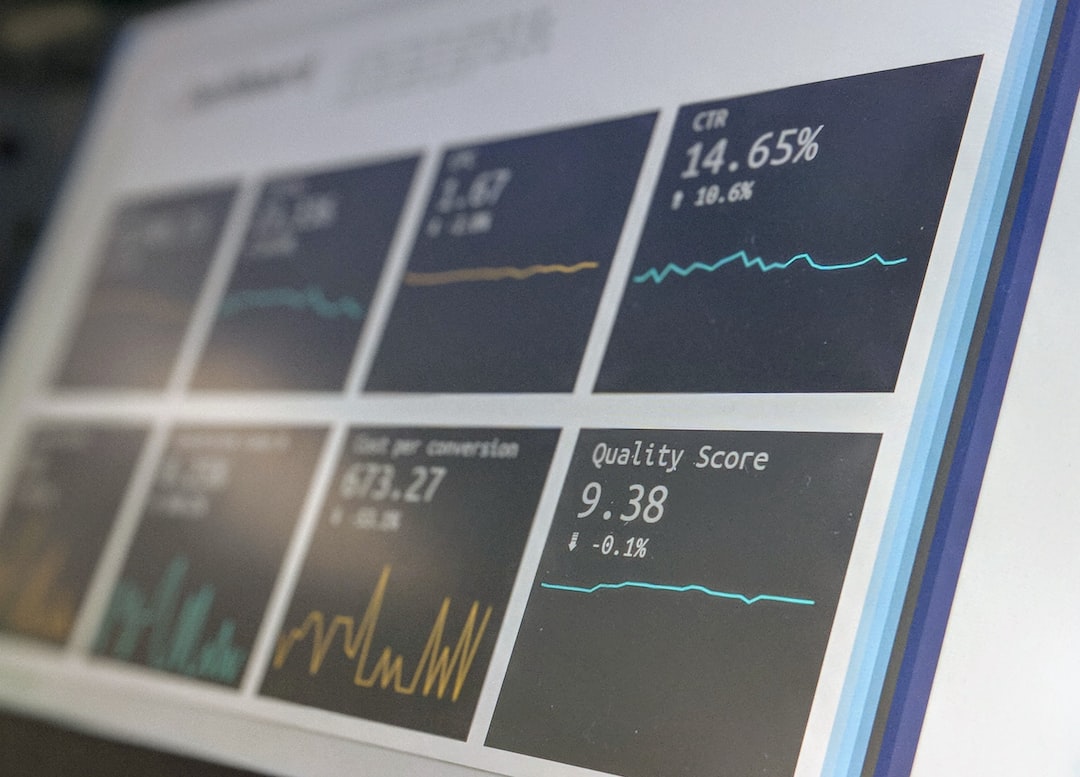In today’s fast-paced business world, it’s essential to have a clear understanding of your company’s performance. This is where KPI (Key Performance Indicators) and metric come into play. By tracking and analyzing these key data points, businesses can gain valuable insights into their performance and make informed decisions to drive success.
In this article, we’ll dive into the world of KPIs and metrics, exploring what they are, why they’re important, and how to use them effectively to unlock business success.
What Are KPIs and Metrics?
Before we dive into the importance of KPIs and metrics, let’s define what they are.
KPIs (Key Performance Indicators)
KPIs are specific, measurable data points that are used to evaluate the success of a business or a particular aspect of a business. They are typically tied to specific goals and objectives and are used to track progress towards those goals.
KPIs can vary depending on the industry and the goals of the business, but some common examples include revenue growth, customer acquisition, and customer retention rates.
Metrics
Metrics are quantifiable data points that provide insight into a particular aspect of a business. They are often used to track progress towards KPIs and can be used to identify areas for improvement.
Some common metrics include website traffic, conversion rates, and customer satisfaction scores.
Why Are KPIs and Metrics Important?
Now that we have a better understanding of what KPIs and metrics are let’s explore why they are essential for businesses.
Performance Tracking
One of the primary reasons KPIs and metrics are important is that they allow businesses to track their performance. By setting specific KPIs and tracking relevant metrics, businesses can gain a clear understanding of how they are performing and identify areas for improvement.
For example, if a business sets a KPI for customer retention and tracks the metric of customer churn rate, they can see if their efforts to retain customers are successful or if they need to make changes to their strategy.
Goal Setting and Achievement
KPIs and metrics are also crucial for setting and achieving goals. By setting specific, measurable KPIs and tracking relevant metrics, businesses can set achievable goals and track their progress towards them.
For example, if a business sets a KPI for revenue growth and tracks the metric of sales revenue, they can see if they are on track to achieve their goal or if they need to make changes to their sales strategy.
Data-Driven Decision Making
by Random Institute (https://unsplash.com/@randominstitute)
KPIs and metrics provide businesses with valuable data that can be used to make informed decisions. By tracking and analyzing these data points, businesses can gain insights into their performance and use that information to make strategic decisions.
For example, if a business sees a decline in website traffic, they can use that metric to identify potential issues and make changes to their marketing strategy to drive more traffic.
How to Use KPIs and Metrics Effectively
Now that we understand the importance of KPIs and metrics let’s explore how to use them effectively to unlock business success.
Identify Relevant KPIs and Metrics
The first step in using KPIs and metrics effectively is to identify the most relevant ones for your business. This will depend on your industry, goals, and objectives.
To effectively drive your business forward, it is crucial to begin by clearly defining and identifying your overarching business goals. By doing so, you lay the foundation for a strategic approach. However, it is equally important to not stop at the high-level goals alone. To ensure actionable and measurable progress towards these goals, it is necessary to break them down into specific, measurable Key Performance Indicators (KPIs). These KPIs serve as the critical milestones along your business journey, allowing you to measure and analyze your progress. Once you have established these KPIs, the next step is to identify and prioritize the metrics that are most relevant to track your advancement towards these goals. By closely monitoring the right set of metrics, you can effectively gauge your performance, make informed adjustments, and ultimately achieve your desired outcomes.
Set Realistic Targets
When setting KPIs and tracking metrics, it’s essential to set realistic targets. Setting unrealistic targets can lead to frustration and demotivation if they are not achieved.
Take the time to analyze past performance and set targets that are challenging but achievable. This will help keep your team motivated and focused on achieving their goals.
Regularly Track and Analyze Data
Key performance indicators (KPIs) and metrics possess inherent value and can significantly contribute to the success of an organization, but their true potential can only be harnessed if they are consistently tracked and subjected to thorough analysis. To cultivate a habit of diligent scrutiny, it is imperative to set aside dedicated time intervals, whether it be on a weekly, monthly, or quarterly basis, to review and evaluate these indispensable indicators. Through this regular assessment, one can effectively discern emerging trends and patterns, thereby affording them the opportunity to adapt and refine their strategy to meet evolving demands. Furthermore, the act of consistently monitoring and documenting data ensures that accurate and reliable comparisons can be made over an extended period, facilitating informed decision-making and enabling organizations to stay ahead of the curve.
Use Technology to Your Advantage
In today’s digital age, there are countless tools and technologies available to help businesses track and analyze their KPIs and metrics. Take advantage of these tools to streamline the process and gain valuable insights into your performance.
Some popular options include Google Analytics for website traffic, Salesforce for sales data, and HubSpot for marketing metrics.
Real-World Examples of KPIs and Metrics in Action
Let’s take a look at some real-world examples of how businesses are using KPIs and metrics to drive success.
Amazon
Amazon is a prime example of a company that uses KPIs and metrics to drive success. Some of their key KPIs include revenue growth, customer acquisition, and customer retention rates.
To track these KPIs, Amazon uses metrics such as sales revenue, website traffic, and customer churn rate. By regularly tracking and analyzing these metrics, Amazon can make data-driven decisions to improve their performance and achieve their goals.
Starbucks
Starbucks is another company that effectively uses KPIs and metrics to drive success. One of their key KPIs is customer satisfaction, and they track this through metrics such as customer satisfaction scores and customer retention rates.
By regularly tracking these metrics, Starbucks can identify areas for improvement and make changes to their customer experience to drive satisfaction and retention.
Who Is Responsible for Tracking KPIs and Metrics?
Tracking KPIs and metrics is a team effort and should involve various departments within a business. However, it’s essential to have a designated team or individual responsible for overseeing the process and ensuring that data is regularly tracked and analyzed.
This team or individual can also be responsible for identifying relevant KPIs and metrics, setting targets, and communicating insights to the rest of the business.
Takeaways
KPIs and metrics are crucial for businesses looking to unlock success. By tracking and analyzing these key data points, businesses can gain valuable insights into their performance and make data-driven decisions to drive growth and achieve their goals.
To use KPIs and metrics effectively, businesses must identify relevant data points, set realistic targets, regularly track and analyze data, and use technology to their advantage. With a dedicated team or individual responsible for overseeing the process, businesses can use KPIs and metrics to drive success and stay ahead of the competition.
















